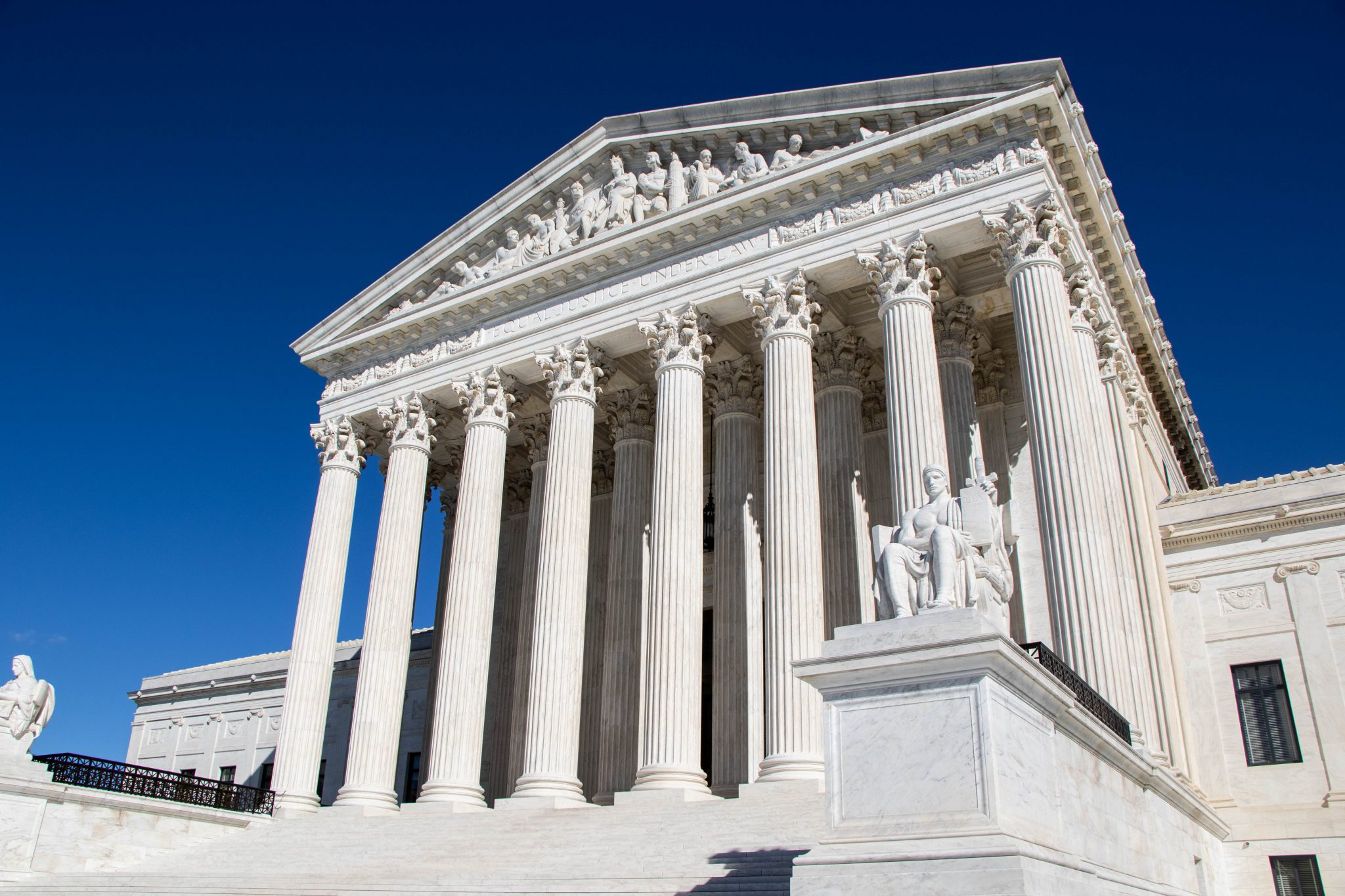Views expressed in opinion columns are the author’s own.
I grew up near the Chesapeake Bay. It was the setting for all of my favorite childhood memories. Unfortunately, I’ve also had a front-row seat to its heartbreaking degradation.
My love for the bay and sympathy towards its plight motivated me to pursue a degree in environmental science and policy at this university.
For a course in my degree, we heavily discussed the 1984 Supreme Court case Chevron U.S.A., Inc v. Natural Resources Defense Council, Inc. This case set one of the most widely-cited precedents in the country: the major questions doctrine, or Chevron deference doctrine. If statutes or regulations are confusing, the appropriate government agency is largely tasked with interpreting them. In instances of environmental issues, the Environmental Protection Agency is consulted.
However, this nearly-40-year-old precedent is under attack. The Supreme Court recently agreed to hear the Loper Bright Enterprises, Inc. v. Raimondo case, and will specifically examine whether the EPA and other agencies should receive deference in the event of ambiguous statutes.
Removing agency deference will create a large disconnect between professionals and the laws that greatly affect their industries. As such, the Supreme Court should not strike down the Chevron precedent.
In law, the concept of deference refers to the power to interpret a statute when terms or phrasing in it are ambiguous. The EPA has used this power to its advantage, using it to provide necessary legal interpretations for a variety of topics.
But in relation to the environment, this “advantage” is not a matter of agencies creating victories at the expense of industry. The EPA is given deference because it is made up of environmental experts who likely speak, act, and interpret environmental statutes more effectively than non-experts.
Taking this power away from an agency of experts and handing it to private businesses who seek to make profits is near-sighted at best and environmentally disastrous at worst. If the Court truly cares about natural resource management, environmentalism and preserving the multitudinal landscapes and communities that make this country so great, it will not eliminate Chevron deference.
Many conservatives view Chevron as “runaway regulation.” But there has been little creation or strengthening of environmental laws since the precedent was set, so this characterization is overdramatic. Actually, the recent West Virginia v. EPA ruling will create even more roadblocks for presidential administrations looking to enact landmark climate legislation.
At what point should we ask if the “runaway regulation” characterization is merely a hypocritical self-projection by conservatives looking to do the exact same thing through the lopsided Supreme Court?
Given the connection between trust in institutions and democracy, the United States cannot risk falling further into a hole of using the judicial branch against the majority public opinion.
While many Americans cite several other issues as our country’s greatest problems, the Supreme Court might be better suited using this time to tackle one of those instead of undermining professionals and scholars for political purposes.
With two-thirds of Americans feeling like the government doesn’t act enough on environmental protection, and some polls suggesting 60% support for even more drastic measures such as the Green New Deal, the Supreme Court undermining environmentalism is a direct attack on American interests. A move like reversing Chevron deference would only further exacerbate Americans’ loss of trust in governmental institutions.
When the Court goes to rule on the Loper case, I really hope they keep sensibility, the wishes of the American people and their own mission of justice at the forefront of their decision — and leave the Chevron precedent as it is.
Anthony Liberatori is a senior environmental science and economics major. He can be reached at alib1204@umd.edu.



